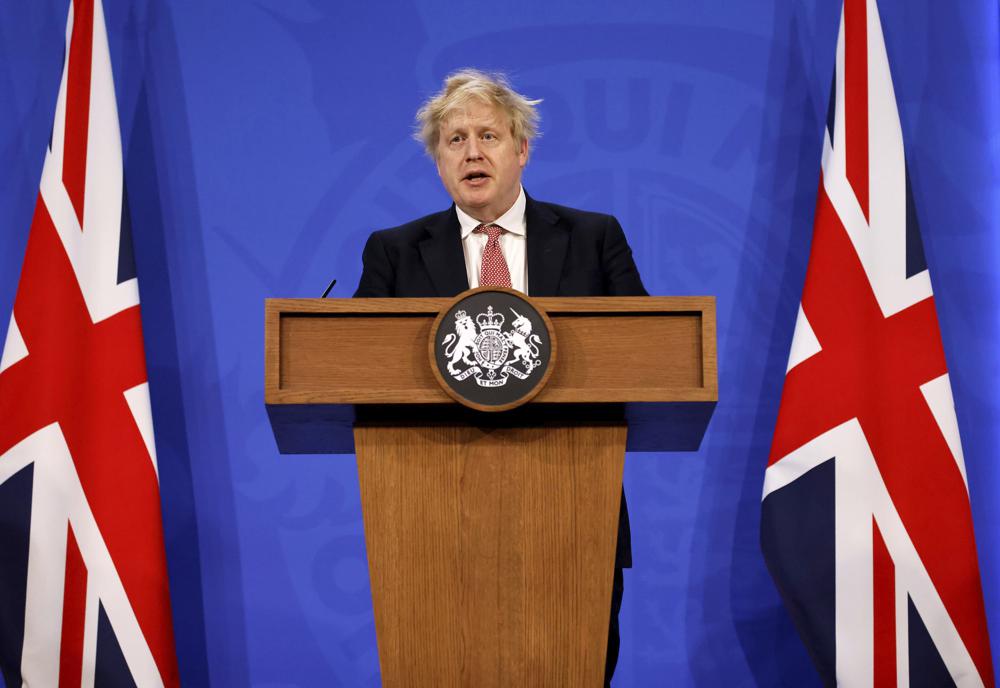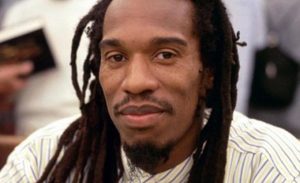Liz Truss announced her resignation on October 20, after serving a term in office that was shorter than her leadership campaign, putting the UK back in the hunt for a new prime minister. Meanwhile, The Times reported that former Prime Minister Boris Johnson is expected to run for the Conservative Party leadership.
Despite being removed from power only three months ago, some Tory MPs have suggested that the former prime minister Boris Johnson might run again. On October 20, Johnson’s close ally and former culture secretary, Nadine Dorries, tweeted that he was the only MP with “a mandate from party members and the British public” after winning the 2019 General Election.
Also Read| Liz Truss quits: List of possible contenders in UK PM race
While according to Sky News, Crispin Blunt, a Conservative leader claimed that Boris Johnson is “not the character” to improve the party’s standing at the moment, however, he could do so in the future. Prior to losing credibility in the final months of his premiership due to political scandal surrounding his connections to disgraced MP Chris Pincher and Covid-19 rule-breaking, Johnson had previously enjoyed high levels of popularity. Let’s look at Johnson’s scandalous tenure as British Prime Minister, which led to his resignation.
1. The Pincher case
Johnson received harsh criticism for his handling of the sexual harassment accusation levelled against politician Chris Pincher. The 52-year-old MP resigned on June 30 after being accused of groping two male coworkers in a nightclub. Soon after, more sexual misbehaviour charges were made public.
On July 1, Johnson’s office stated that he was unaware of Pincher’s background. However, Johnson was said to have been aware of allegations that had “either been settled or did not move to a formal complaint” at various points. Johnson finally expressed regret on July 5, saying that appointing Pincher to the government was a “mistake.” However, the prime minister’s long-overdue apologies did almost nothing to alleviate the situation, which eventually led to his resignation.
Also Read| As Liz Truss resigns UK PM post, Boris Johnson’s name lurks in shadows
2. No 10 Partygate scandal
The Partygate scandal involved gatherings and activities held on British government property but later discovered to have violated the strict COVID-19 lockdown rules of the UK. Johnson initially denied being aware of illegal parties. He later acknowledged that he was mistaken; at the time, he truly believed that gatherings did not break the law. As many of the controversy’s details came to light gradually, it dominated headlines for months.
Notably, it was discovered that one of the gatherings Johnson attended took place around the same time that Queen Elizabeth was compelled to sit alone at her husband Prince Philip’s funeral because indoor gatherings were outlawed. Johnson became the first British Prime Minister to receive a police fine while in office in April 2022 for breaking lockdown regulations.
3. Refurbishment of private residence
Johnson’s renovation of his private property in May 2021 drew criticism for the cost and the sponsor, raising questions about whether he was corrupt because he failed to properly disclose a donation that covered the cost. Details of political contributions and loans worth more than 7,500 pounds sterling (€10,244) must be made public four times per year, according to a British law.
However, an official investigation found that a Conservative Party donor funded the restoration of the PM’s official residence. In December 2021, the Conservative Party was fined 17,800 pounds because Johnson failed to disclose the contributions.
4. The Owen Paterson controversy
In 2021, Johnson attempted to prevent the suspension of a powerful Conservative lawmaker who was accused of breaking lobbying laws. Owen Paterson, a former minister, was found to have received money from numerous companies, including at least two payments totaling 500,000 pounds, according to the British Parliament’s Standards Committee.
As a response, Johnson pushed Conservative MPs to support broad reforms that would weaken the procedures for looking into politicians. After receiving criticism from both Conservative and Labour MPs, Johnson withdrew the proposal. After Paterson eventually resigned, the Liberal Democrats won his seat in a vote held in December. At a news conference in November, Boris Johnson asserted that supporting Owen Paterson was a “huge mistake.”
5. Unlawful legislative prorogation
Johnson asked Queen Elizabeth II for permission to prorogate—a procedure that involves closing Parliament—for five weeks in the midst of the 2019 Brexit crisis. Johnson found himself unable to reach an agreement with Parliament regarding the timing and manner of the move as the country was getting close to its deadline to leave the European Union when the decision was made.
In the end, Johnson was found to have violated the law when he asked for permission to shut down the government and may have duped the queen into acting unlawfully, according to the ruling of the Supreme Court of the United Kingdom. UK media reports state that Johnson was later required to personally apologize to the monarch for “embarrassing” her.







